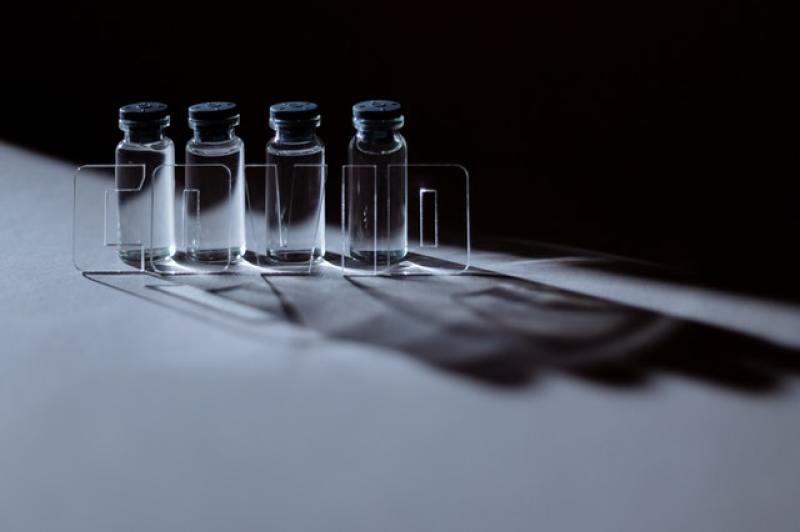
Reports of contamination among several vials of the Moderna vaccine had arisen in Japan, prompting the government to suspend inoculation amidst the country's worst spikes in COVID cases since the pandemic began.
The Japanese drugmaker Takeda Pharmaceutical received reports of contamination of the COVID vaccine vials from several vaccination sites which were believed to be metal fragments.
"It's a substance that reacts to magnets. It could be metal," a Japanese ministry official said, as reported by the Epoch Times.
The contaminated vials came from a batch of Moderna vaccines that had a total of 565,400 doses. After consulting with Takeda Pharmaceutical, the Japanese government decided to suspend vaccinations from that batch and two other batches. This resulted in the suspension of a total of 1.63 million vaccine doses that had been delivered to 863 vaccination sites across Japan.
Takeda Pharmaceutical reported that it already asked Moderna to consider the reports of contamination as a matter of emergency and investigate it immediately. It also reported that the batch numbers from which contaminated Moderna vaccines were found were 3004667, 3004734, and 3004956.
In a statement, the Massachusetts-based pharmaceutical and biotechnology company said, "Moderna confirms having been notified of cases of particulate matter being seen in drug product vials of its COVID-19 vaccine. The company is investigating the reports and remains committed to working expeditiously with its partner, Takeda, and regulators to address this."
The Japan Times reported that while there had been no reports of adverse side effects from the contaminated batches so far, there were two confirmed deaths following the inoculation of vaccines from lot number 3004734.
But Takeda and Moderna said in a joint statement that there was no evidence that the deaths were caused by the Moderna vaccine. Meanwhile, the Japanese government committed to investigating the two deaths.
"The risk that the foreign material causes some kind of a disease at the spot where it was injected or that it circulates in the body's blood and causes a disease after an intramuscular injection through a 0.25 millimeter needle would be extremely unlikely," Takeshi Terashima, an infectious disease expert and the general manager of respiratory medicine at Tokyo Dental College Ichikawa General Hospital, explained.
The contaminated vials which reportedly contained materials reacting to magnets were produced by Laboratorios Farmaceuticos Rovi, which handles the final step of manufacturing COVID vaccines for Moderna, which ingredients are produced in Switzerland and are produced for those outside the U.S.
Reports showed that there were four instances of "black dot-like particulate matter" inside loaded syringes, with a total of five foreign substances identified concerning lot number 3005293. A pink substance was also detected in a loaded syringe in Okinawa over the weekend.
Takeda's investigation found that the black foreign material may have been rubber that was shaved off when the syringes pierced through the rubber stoppers of the vials. The pink substance, which they found to be too big to fit into a vial through a syringe, may have already been inside the container, they said.






















